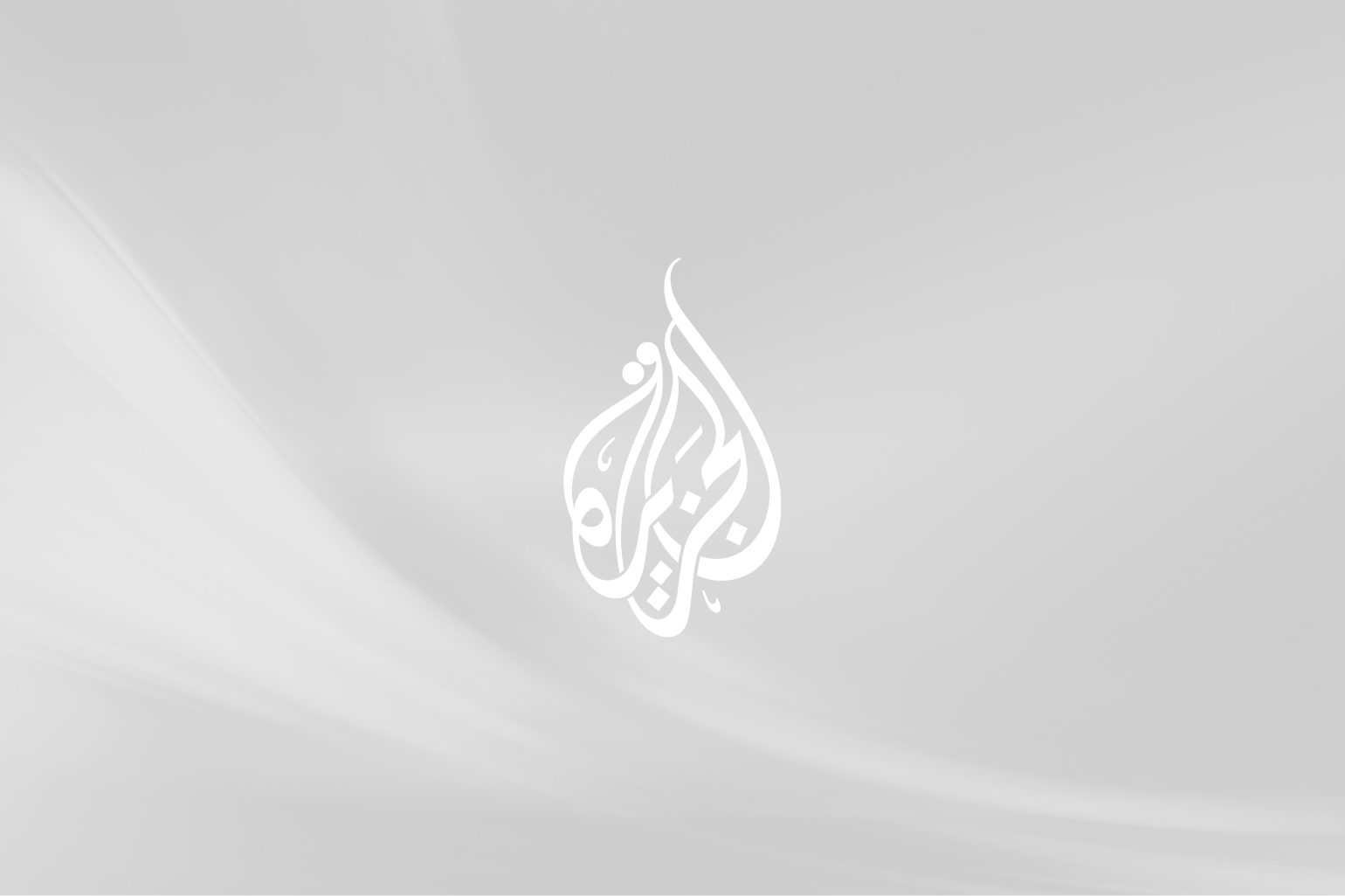Power struggle among Iraq’s Shia continues
A power struggle between Shia groups calling for the complete withdrawal of foreign troops and others prepared to cooperate with the US-led occupation administration continues to be fought in the Iraqi city of Najaf.

Supporters of Muqtada Sadr are pushing the religious hierarchy, the Hawza, into a more firm-handed approach towards the Americans.
The stuggle among the religious hierarachy has seen three attacks on mainstream clerics in the past two weeks, according to a leading Ayatollah’s son.
“Such crimes are aimed at provoking disturbances in the town, but the people have ignored them,” said a son of Ayatollah Muhammad Said al-Hakim, one of Shia Islam’s top four religious leaders in Iraq.
These attacks “won’t make the Hawza change its policy”, Muhammad Hussein al-Hakim said, stressing the hierarchy continued to favour talks as the best way of ending the US-led occupation.
Shia split
However, Sadr – who is also from a famous family of ayatollahs – has openly defied the hierarchy by condemning all contact with US forces.
During the mainly weekly prayers in the nearby town of Kufa on Friday, he demanded the withdrawal of all US troops.
As one of the most outspoken voices of Shia protest against the US occupation, he said he was determined to defend the holy sites of Najaf against the Americans, branding it the responsibility of all Muslims in Iraq.
But demonstrators gathered in Najaf on Thursday and Friday to protest against the string of attacks against mainstream clerics and proclaim their support for the religious hierarchy.
Planned attacks
A theology student, Amjad al-Azari, was beaten with the butt of a rifle on Tuesday for refusing to drive armed men to al-Hakim’s house, a source close to the Hawza said.
Similarly, last Sunday, Shaikh Dia al-Mudhaffar, a relative of Ayatollah al-Hakim, was severely beaten in the street by unknown assailants.
 |
|
Thousands in Kufa heard Sadr’s |
Supporters of Grand Ayatollah Ali Sistani, another of Shia Islam’s leading clerics, have also been subject to attacks.
An official from his office, Ibrahim Layaz, was admitted to hospital with multiple stab wounds two weeks ago, although he is now said to be out of danger.
These attacks have been accompanied by “death threats” against the Ayatollahs, said Muhammad al-Hakim.
Officially, no complaints have been filed, but the Ayatollah’s son blames those who see their only hope of power and influence in “chaos”.
“It must be an outsider, because the population is known for its allegiance to the Hawza and respect for it is sacrosanct in the town,” he said.
Accusations
Instead, he pointed the finger at “certain blemishes on the name of Islam” who collude with the media, in a clear reference to Sadr, whose sermons are regularly featured on television.
But a spokesman for Sadr denied any role in the violence, dismissing the allegations as “prejudice”.
“Any attack against a member of the Hawza, be he a dignitary or a simple student, is unacceptable,” said Sheikh Mustafa Yaqubi.
Yaqubi defended Sadr’s opposition to the Americans, although he acknowledged it had little support among the tribes who still dominate the countryside.
“They think the US presence gives them protection but we see the occupation as more negative than positive. It is not acceptable to justify the American occupation in this way,” he said.